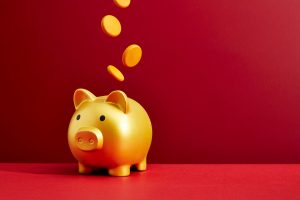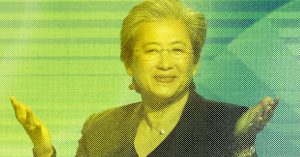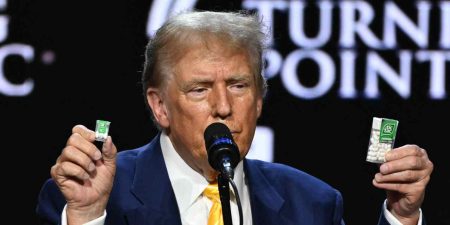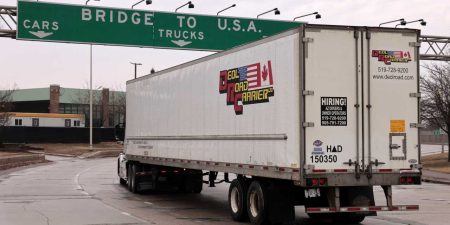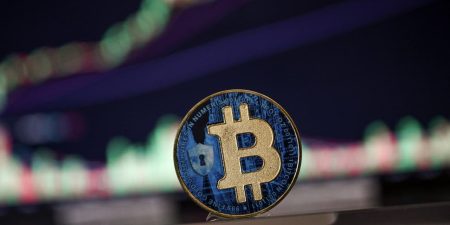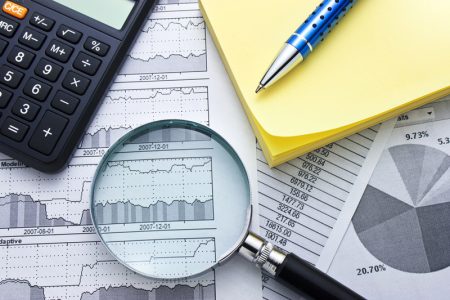HONG KONG (Reuters) -The Hong Kong Monetary Authority (HKMA) on Thursday raised its base rate charged through the overnight discount window by 25 basis points to 5.75%, the highest in 16 years, hours after the U.S. Federal Reserve delivered a rate hike of the same margin.
Immediately after the announcement the Hong Kong dollar strengthened to 7.7951 per dollar, its strongest level in eight months.
Hong Kong’s monetary policy moves in lock-step with the United States as the city’s currency is pegged to the greenback in a tight range of 7.75-7.85 per dollar.
The Federal Reserve raised interest rates by a quarter of a percentage point and Fed Chair Jerome Powell said the economy still needed to slow and the labour market to weaken for inflation to “credibly” return to the U.S. central bank’s 2% target.
“Under the linked exchange rate system, Hong Kong interbank offer rates will track the U.S. rates closely so that the spread between the two gradually narrows,” HKMA acting chief executive Arthur Yuen told a media briefing.
While corporates may face higher costs on Hong Kong dollar bank loans, “we haven’t yet seen that the higher funding costs impacting banks’ clients directly.”
“Classified loans”, or those that are overdue for at least 30 days together with those that are deemed uncollectible, have stayed steady from the end of last year, at 1.4% in the first quarter this year.
While Hong Kong’s official base rate follows the Fed’s policy rate, banks are not obliged to remain in lock-step with U.S. rates, especially when they see ample liquidity cushion in the system, as interbank rates are also influenced by demand and supply, analysts said.
Another seasonal factor that has led Hong Kong interbank offered rates higher in recent months is companies’ demand for the local currency for dividend payments, Yuen said, which traditionally peaks from June to August.
This has led the one month Hong Kong interbank rate, the benchmark that banks use to price their residential mortgage loans, to surge to a 16-year high of 5.21% earlier this month, as it caught up and exceeded the one-month U.S. secured overnight financing rate (SOFR) before trending lower this week.
“We expect Hong Kong dollar rates to remain high as the Fed is unlikely to reverse its tightening to an easing this year,” said Ken Cheung, chief Asian FX strategist at Mizuho Bank.
The end of dividend flows from Hong Kong-listed Chinese companies after August will help loosen Hong Kong dollar liquidity conditions, he added.
Read the full article here
